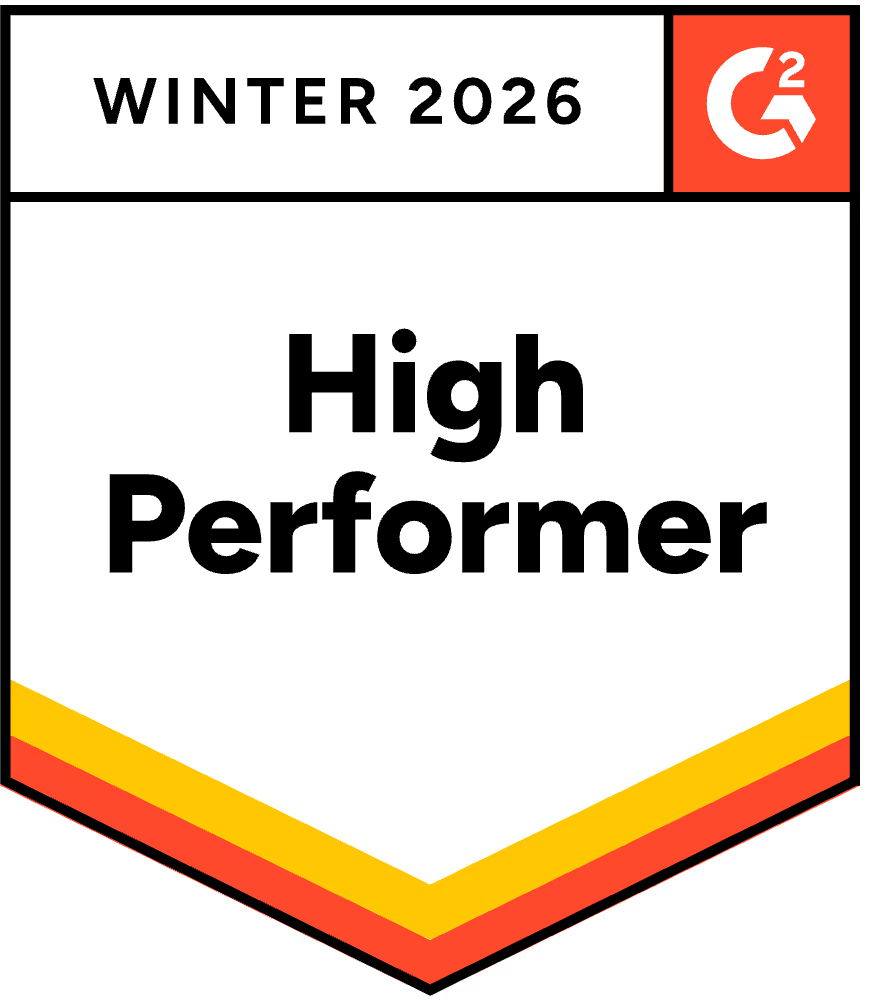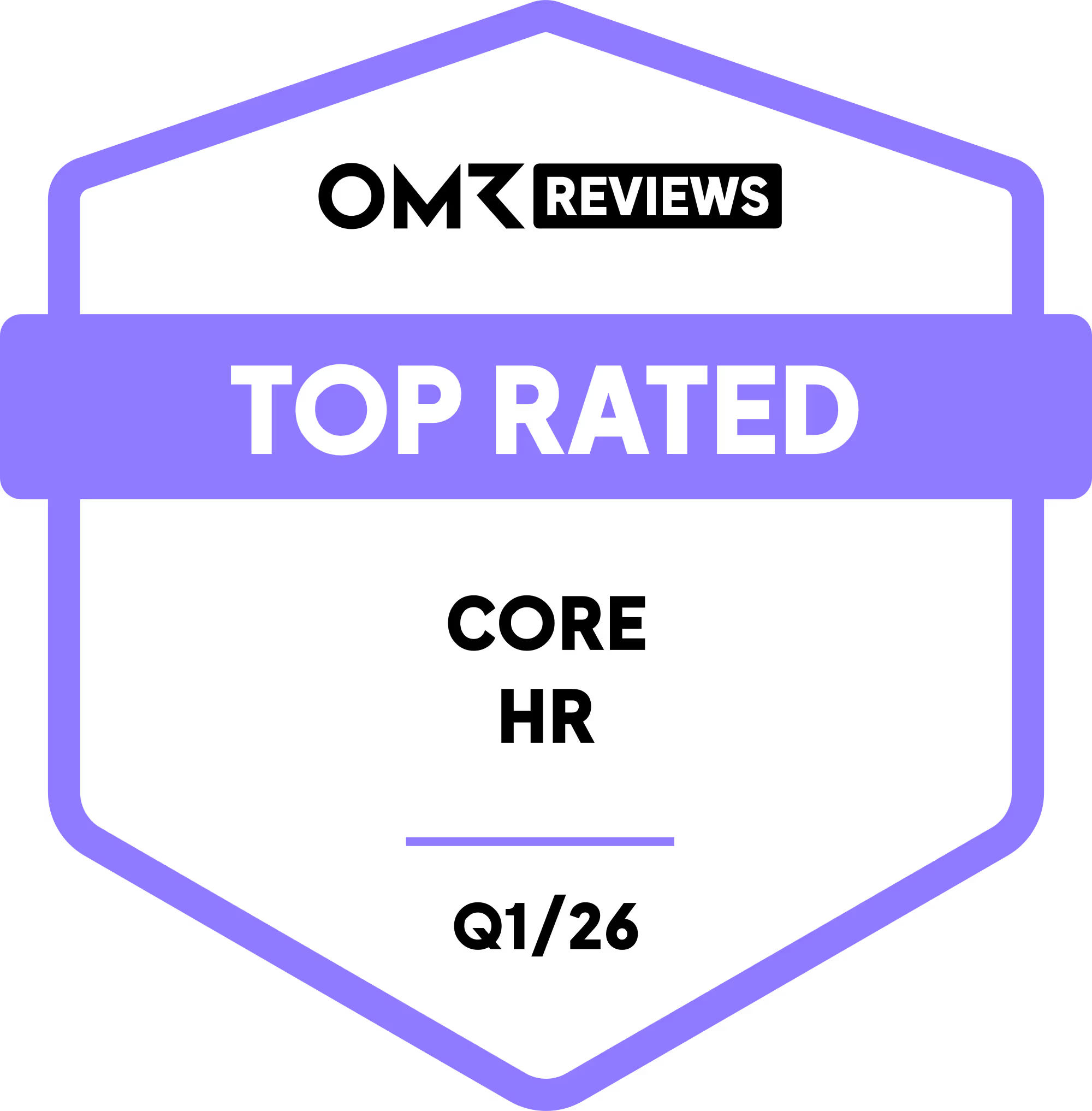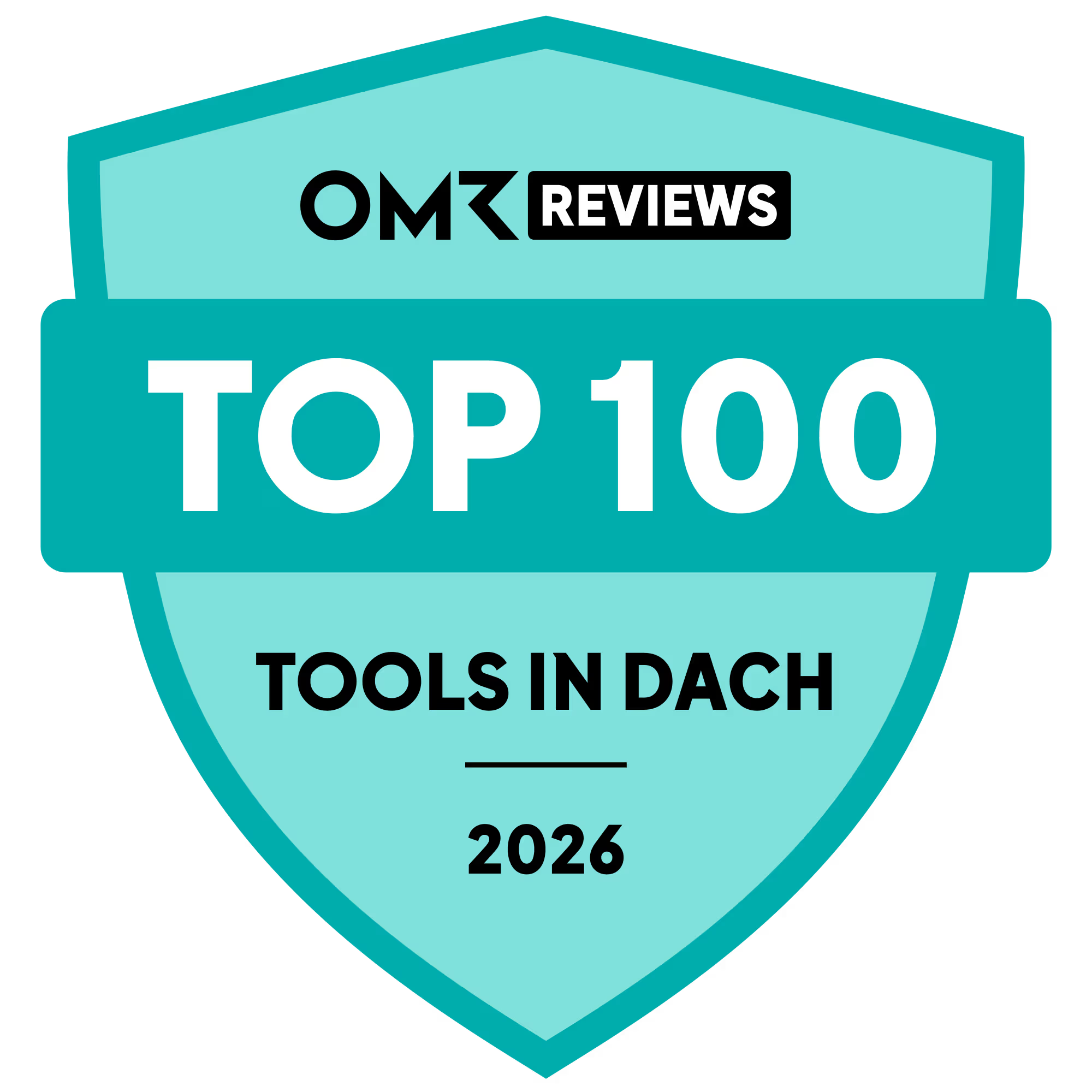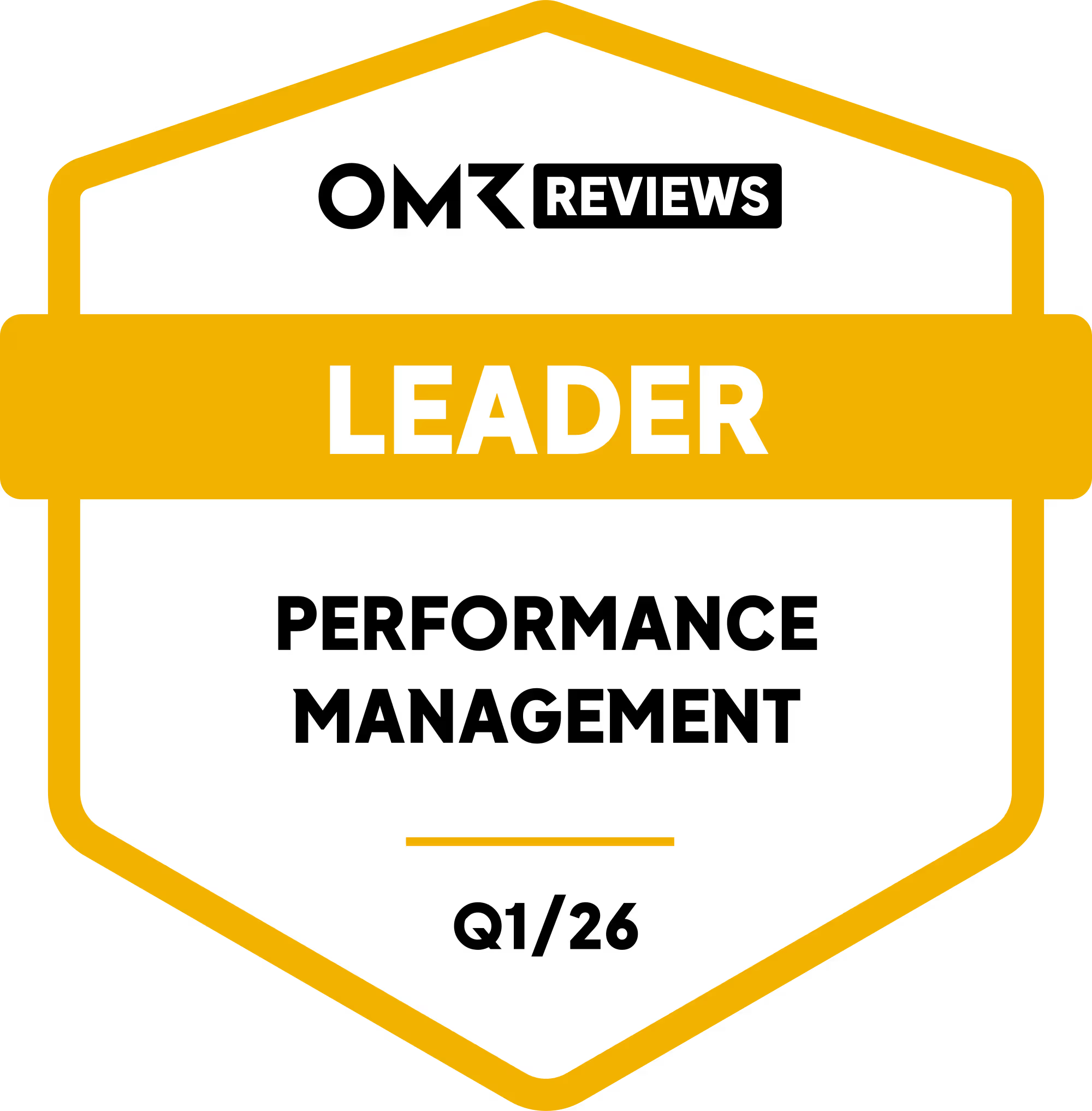Skalieren Sie Ihre Personalprozesse von Pre-Seed bis Serie A
.jpg)
Wenn ein Startup an Dynamik gewinnt und von der Startphase bis zur entscheidenden Serie-A-Runde aufsteigt, ist die Transformation von einem eng verbundenen Team von weniger als zwanzig Mitarbeitern zu einer wachsenden, vielfältigen Belegschaft von etwa achtzig Mitarbeitern eine aufregende und dennoch herausfordernde Reise. Die Strategien der HR-Teams in dieser Zeit können den Wachstumskurs und den Gesamterfolg eines Unternehmens erheblich beeinflussen.
Wie können Sie sich am besten darauf vorbereiten, dass Ihr Unternehmen in diesem entscheidenden Moment erfolgreich ist?
In diesem Artikel befassen wir uns mit detaillierten Erkenntnissen von Personal- und Talentexperten etablierter VC-Fonds wie CREANDUM und Die Venture-City sowie die Personalagentur Entfesselt, das mit ehrgeizigen Start-ups zusammenarbeitet, um eine skalierbare, wirkungsvolle Personalstrategie und Infrastruktur mitzugestalten und aufzubauen. Dieser Artikel hilft Ihnen dabei, die Feinheiten der effektiven Skalierung von HR-Prozessen und der Aufrechterhaltung einer florierenden Unternehmenskultur in mehreren Wachstumsphasen zu bewältigen.
0 bis 20 Mitarbeiter
Dies ist die Anfangsphase, in der die meisten Start-ups haben sich die Finanzierung vor dem Start gesichert oder ihre ersten Kunden geschlossen und mit der Einstellung der ersten Mitarbeiter begonnen.
Als Michelle Coventry, Head of Talent bei CREANDUM, sagt: „In dieser Phase ist es entscheidend, dass die Grundlagen stimmen. Allzu oft sehen wir, dass Gründer ihre Talentprozesse an Nachwuchskräfte auslagern. Einrichtung einer Komplettlösung Erfahrung der Mitarbeiter — Gestalten Sie Ihr Mitarbeitererlebnis mit einer produktbezogenen Denkweise, die alles von der Talentakquise über Assessments bis hin zu Onboarding Prozesse — legt die Messlatte für die DNA Ihres Unternehmens fest. Achten Sie auf die Details und vertrauen Sie auf Version 1 Ihrer Prozesse, um von Anfang an ein grundlegendes Betriebssystem einzurichten.“
20 bis 40 Mitarbeiter
Zu diesem Zeitpunkt läuft der Einstellungsrhythmus auf Hochtouren und die meisten Gründer stellen einen zweiten People-Ops-Partner ein, um den People-Experience-Partner der Version 1.0 zu pflegen und darauf aufzubauen. Heute gibt es mehr denn je ein erfahrenes Ökosystem von Personalpartnern, die TA und People Operations miteinander verbinden können, um ein einheitliches Mitarbeitererlebnis zu gewährleisten. Wenn Sie dieses erfahrene Talent früher einsetzen, als Sie es für notwendig halten, zahlt sich das aus, wenn es darum geht, erfolgreich zu skalieren.
40 bis 60 Mitarbeiter
Wenn Ihr Startup immer größer wird, ist es von entscheidender Bedeutung, Ihre starke Unternehmenskultur aufrechtzuerhalten, zu verbessern und weiterzuentwickeln und sicherzustellen, dass alle mit Ihrer Mission und Ihren Werten übereinstimmen.
Carlos Montes, VP of People bei TheVentureCity, betont die Bedeutung von Schaffung einer soliden Grundlage in drei Bereichen: Kultur, Kommunikation und Zielausrichtung. „In dieser Phase ist es üblich, dass Teams anfangen, in Silos zu arbeiten.“ Um dies zu verhindern, empfiehlt Montes, eine funktionsübergreifende Abstimmung sicherzustellen, indem regelmäßige Kontaktpunkte durch transparente Zielsetzung und KPI-Tracking sowie Unternehmens-, Team- und Einzelgespräche das kann dazu beitragen, dass alle informiert und aufeinander abgestimmt sind.“
Ebenso betont Hanna Keal, Chief People Officer bei Unleashed, die Ausrichtung Ihrer Personalprozesse auf Ihre umfassendere Geschäftsstrategie:
„Indem ich regelmäßig suche Feedback von Ihrem Team aus können Sie klare Ziele und Gestaltungsprinzipien für verschiedene Teile Ihrer Personalinfrastruktur definieren. Wenn Sie beispielsweise eine Vergütungsphilosophie entwickeln, könnte Ihr Ziel darin bestehen, „hohe Leistung fair zu belohnen“, und Sie könnten „Transparenz“ und „Klarheit“ als Ihre wichtigsten Gestaltungsprinzipien wählen. Wenn Ihr Team klein ist, können Sie einen einfachen Prozess entwickeln, der diese Prinzipien berücksichtigt — und sie dann erneut überdenken, um Ihren Vergütungsrahmen weiterzuentwickeln, wenn Sie wachsen. Dieser Ansatz der kontinuierlichen Iteration ist viel besser, als Prozesse einfach zu korrigieren, wenn dies erforderlich ist.“
60 bis 80 Mitarbeiter
Carlos Montes stellt fest, dass ein häufiger Fehler darin besteht, zu schnell einzustellen und sich nur auf den Hintergrund und die Erfahrung eines Kandidaten zu konzentrieren. Die Sicherstellung einer kulturellen Übereinstimmung sollte oberste Priorität haben, um Mitarbeiter in das Team zu holen, die mit Ihrer Vision, Mission und Ihren Werten übereinstimmen.
Wenn Sie mit achtzig Mitarbeitern sprechen, ist es wichtig, Ihrem Team zuzuhören, da es wahrscheinlich die häufigsten Probleme haben wird, die mit dem — oft schnellen — Unternehmenswachstum einhergehen. Einrichten Pulsumfragen kann wertvolle Einblicke in die Gefühle und Bedürfnisse Ihres Teams geben. Es reicht jedoch nicht aus, dieses Feedback zu sammeln. Sie müssen sich auch verpflichten, auf der Grundlage der eingegangenen Eingaben die erforderlichen Änderungen vorzunehmen.
Für diese entscheidende Phase betont Montes auch, wie wichtig es ist, dass Gründer vor der Einstellung noch ein letztes Gespräch mit jedem Kandidaten führen. Dadurch wird sichergestellt, dass das Team im Einklang mit der Mission und den Werten des Unternehmens weiter wächst.
.jpeg)
Eine starke Unternehmenskultur und effektive Personalprozesse ermöglichen es Startup-Unternehmen, von Pre-Seed bis Series A zu skalieren
Woher weiß ich, ob mein Unternehmen auf dem richtigen Weg ist?
Wenn Sie die richtigen KPIs verfolgen, können Sie objektiv messen, wie gut Ihr Unternehmen in Bezug auf Mitarbeiterzufriedenheit und Leistung abschneidet.
- Net Promoter Score (eNPS) für Mitarbeiter — Die Net Promoter Score für Mitarbeiter zeigt, wie Mitarbeiter über Ihr Unternehmen denken, und es basiert auf einer einfachen Frage: „Wie wahrscheinlich ist es, dass Sie uns als Arbeitsplatz für Ihre Familie und Freunde weiterempfehlen?“ Sie sollten darauf abzielen, Ihr eNPS kontinuierlich zu messen und zu verbessern, da dies ein günstiges Arbeitsumfeld bedeutet. Denken Sie jedoch daran, dass dieser Wert im Kontext interpretiert werden sollte — insbesondere, wenn Sie Ihre Mitarbeiter dazu drängen, ehrgeizige Ziele zu erreichen.
- Fluktuationsrate — Eine niedrige Fluktuationsrate ist in der Regel mit einer gesunden Kultur verbunden. Es ist jedoch wichtig, sich darüber im Klaren zu sein, dass nicht jede Einstellungsentscheidung immer funktioniert. Dies ist etwas, das natürlich ist und akzeptiert werden sollte. Daher ist ein gewisses Maß an Fluktuation natürlich. Sie können jedoch eingehender untersuchen, ob Ihre Fluktuationsrate auf ein zugrunde liegendes Problem hindeutet, indem Sie Ausstiegsgespräche führen und freiwillige Aussteiger um Feedback bitten.
Wichtige Erkenntnisse, die Sie bei der Skalierung Ihres Unternehmens berücksichtigen sollten
Die Skalierung Ihrer Personalprozesse von Pre-Seed auf Series A erfordert eine sorgfältige Planung, proaktive Einstellung und kontinuierliche Kommunikation, um eine solide Unternehmenskultur aufrechtzuerhalten.
Hier sind einige wichtige Erkenntnisse für jede Phase:
- 0-20 Mitarbeiter — Gründer sollten ihre Talentprozesse nicht vollständig an Praktikanten oder Nachwuchskräfte auslagern. Stattdessen sollten sie sich darauf konzentrieren, ein durchgängiges Mitarbeitererlebnis zu schaffen, einschließlich Vorstellungsgesprächen und Onboarding-Prozessen.
- 20-40 Mitarbeiter — Wenn die Einstellungsgeschwindigkeit zunimmt, sollten Sie erwägen, eine Person für Talentakquise und einen Personalberater in Teilzeit einzustellen. Dadurch wird sichergestellt, dass sowohl die betrieblichen Aspekte als auch die Talentgewinnung im Personalwesen abgedeckt werden.
- 40-60 Mitarbeiter — Pflegen Sie eine starke Unternehmenskultur und stellen Sie sicher, dass sie mit Ihrer Mission und Ihren Werten übereinstimmt. Regelmäßige Kontaktpunkte wie OKR-Check-Ins, Einzelgespräche und Besprechungen mit allen Mitarbeitern können dazu beitragen, dass alle auf dem Laufenden sind und sich einig sind.
- 60-80 Mitarbeiter — Sorgen Sie dafür, dass bei der Einstellung die Unternehmenskultur stimmt, und gewinnen Sie durch regelmäßige Schulungen Einblick in die Gefühle und Bedürfnisse Ihres Teams Umfragen. Gründer sollten mit jedem Kandidaten ein letztes Gespräch führen, bevor er eingestellt wird, um sicherzustellen, dass er mit der Mission und den Werten des Unternehmens in Einklang steht.
- Fortschritt verfolgen — Verwenden Sie KPIs wie den eNPS und Ihre Fluktuationsrate, um die Mitarbeiterzufriedenheit und -bindung zu messen. Denken Sie daran, diese Ergebnisse im Kontext zu interpretieren und anhand des Feedbacks aus Vorstellungsgesprächen die zugrunde liegenden Probleme zu ermitteln.
Denken Sie daran, dass Die Strategien, die Sie in diesen Phasen umsetzen, können den Wachstumskurs und den Gesamterfolg Ihres Unternehmens erheblich beeinflussen, also ist es wichtig, sie richtig zu machen. Wenn Sie auf der Suche nach einer Lösung zur Mitarbeiterförderung sind, die Sie auf diesem Weg unterstützt, schauen Sie sich gerne unsere an Programm Leapsome für Startups oder direkt einen Anruf buchen bei uns.
🗺️ Sind Sie ein Startup, das Ihre HR-Prozesse ankurbeln möchte?
Kleine Unternehmen können beantragen, einen exklusiven Rabatt (bis zu 50%) auf das erste Leapsome-Modul für bis zu drei Jahre zu erhalten.
👉 Entdecke mehr
Sind Sie bereit, Ihre Strategie zur Mitarbeiterförderung zu verbessern?
your People operations?
Informieren Sie sich über unsere Leistungsbeurteilungen, Ziele und OKRs, Engagement-Umfragen, Onboarding und mehr.
.webp)
.webp)
 Fordern Sie noch heute eine Demo an
Fordern Sie noch heute eine Demo an








.png)








































